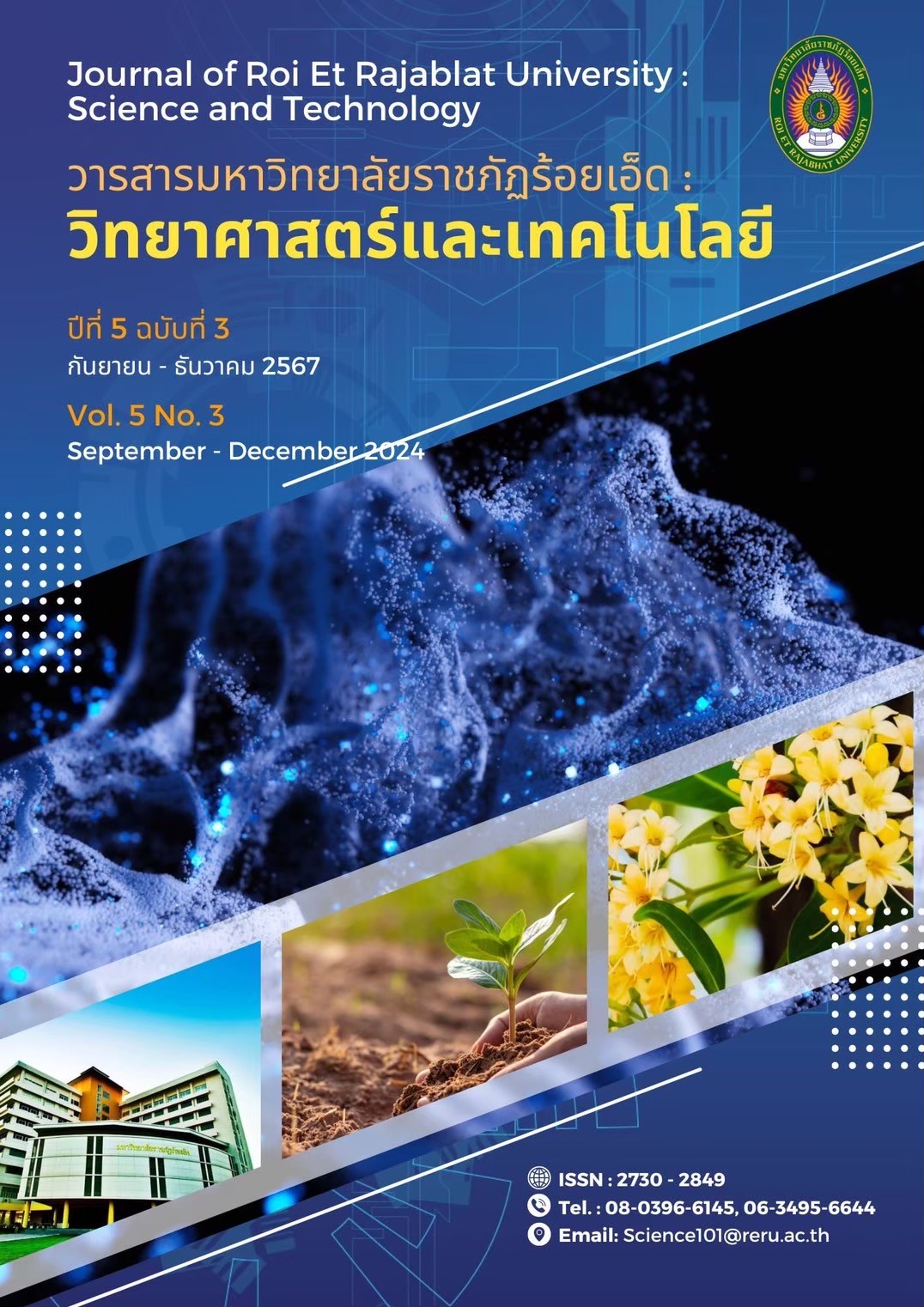Factors associated with adverse symptoms of heat exposure among workers in a tire industry
Keywords:
adverse symptoms, heat of exposure, workers, tire industryAbstract
The cross-sectional descriptive study aimed to study the factors associated with adverse symptoms of heat exposure among 146 workers in the tire industry. The volunteers’ data, acting as the data of the sample group were collected by questionnaires. The association between the factors and adverse symptoms of heat exposure was analyzed by the Chi-square test. The results revealed that the majority of workers were men (79.45%), the average age was 34.36 years and the mean of work experience was 5.01 years, 57.31 of no alcohol assumption, 54.11 of work safety knowledge at the non-appropriate level. The association analysis, gender, alcohol consumption, work experience, and work safety knowledge had a significant association with adverse symptoms of heat exposure (p<0.05). Therefore, owners should provide rest periods during work, safety training for work in high temperatures and establish rules and regulations prohibiting alcohol while working
References
Best, J.W. (1981). Research in Education. New Jersey: Prentice - Hall.
Bloom, B. S. (1971). Hand book on formative and summative evaluation of student learning. New York: Mc Graw-Hill Book Company.
Department of health. (2023). Report on the situation and operating results surveillance and communication of health warnings from heat. https://health.ec.europa.eu/system/files/2023-12/security_state-preparedness_report-2023_en.pdf
Hanthongchai, K., Pakkarato, K., Nareen, P., & Kanjanasorn. (2022). Hot weather withathletics training and competition. NEU Academic and Research Journal, 12(3), 55-69. https://so04.tci-thaijo.org/index.php/neuarj/article/view/256208/176706
Ministry of Labour. (2016). Ministerial Regulation on the Prescribing of Standard for Administration and Management of Occupational Safety, Health and Environment in Relation to Heat, Light and Noise B.E. 2559. file:///C:/Users/Asus/Desktop/environment-2006.pdf
Ministry of Labour. (2022). Announcement of the Department of Labor Protection and Welfare on criteria and measurement methods and analysis of operating conditions and work instructions regarding levels of heat, light, or noise, including the duration and type of manufacturing that must be carried out (edition 2).
Mitsanthia, W. (2017). Factors affecting heat related illness among employees exposure to heat in metal smelting manufacturing factories in Rayong province. [Published master dissertation]. Burapha University. https://buuir.buu.ac.th/bitstream/1234567890/6671/1/Fulltext.pdf
Pinthong, C., Onsud, T., & Chamnanphudsa, O. (2022). Knowledge, attitude and safety behavior associated with physical symptoms of heat exposure among production employees in a metal melting factory, Chonburi Province. Journal of safety and health, 15(2), 146-159. https://he01.tci-thaijo.org/index.php/JSH/article/view/252484/175579
Sakuntaw, C. (2013). Heat and work. Journal of Science and Technology, 5(5), 1-24. https://ph02.tci-thaijo.org/index.php/JSTNSRU/article/view/42075/34760
Sotanasathien, S. (1990). Communication and society. Bangkok: Chulalongkorn University Print House
Thailand Motor Motive Institute. (2014). Tire manufacturing process. https://data.thaiauto.or.th/component/content/article/24-technology/auto-technology/3181-2015-04-17-07-30-52.html
World Health Organization. (2023). Zero regrets: scaling up action on climate change mitigation and adaptation for health in the WHO European Region. https://iris.who.int/bitstream/handle/10665/368161/WHO-EURO-2023-3198-42956-69520-eng.pdf?sequence=3
Downloads
Published
Versions
- 2025-02-22 (2)
- 2024-09-05 (1)
How to Cite
Issue
Section
License
Copyright (c) 2024 Faculty of Liberal Art and Science, Roi-Ed Rajabhat University

This work is licensed under a Creative Commons Attribution-NonCommercial-NoDerivatives 4.0 International License.
บทความที่ได้รับการตีพิมพ์เป็นลิขสิทธิ์ของคณะศิลปศาสตร์และวิทยาศาสตร์ มหาวิทยาลัยราชภัฏร้อยเอ็ด
ข้อความที่ปรากฏในบทความแต่ละเรื่องในวารสารวิชาการเล่มนี้เป็นความคิดเห็นส่วนตัวของผู้เขียนแต่ละท่านไม่เกี่ยวข้องกับมหาวิทยาลัยราชภัฎร้อยเอ็ด และคณาจารย์ท่านอื่นๆในมหาวิทยาลัยฯ แต่อย่างใด ความรับผิดชอบองค์ประกอบทั้งหมดของบทความแต่ละเรื่องเป็นของผู้เขียนแต่ละท่าน หากมีความผิดพลาดใดๆ ผู้เขียนแต่ละท่านจะรับผิดชอบบทความของตนเองแต่ผู้เดียว






